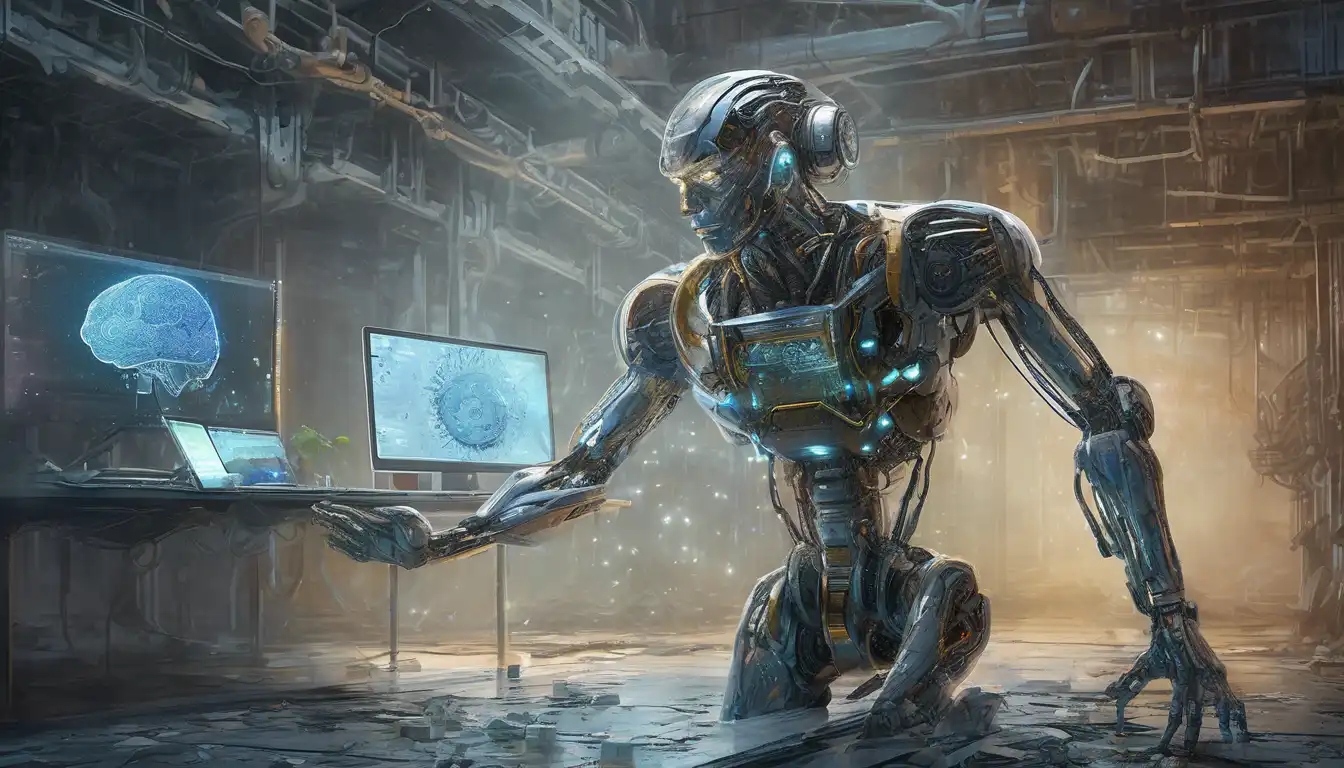Introduction to Artificial Intelligence
Artificial Intelligence (AI) has become a cornerstone of modern technology, influencing everything from how we interact with our devices to the way businesses operate. Despite its widespread adoption, there are numerous myths surrounding AI that obscure its true potential and limitations. This article aims to separate fact from fiction, providing a clear understanding of what AI can and cannot do.
Myth 1: AI Can Think and Feel Like Humans
One of the most pervasive myths is that AI possesses consciousness or emotions akin to humans. In reality, AI operates based on algorithms and data inputs. It can simulate certain aspects of human thought processes but lacks self-awareness or genuine emotional responses. For more insights into how AI works, explore our guide on AI mechanisms.
Myth 2: AI Will Replace All Human Jobs
While AI is transforming the job market, the idea that it will render human workers obsolete is exaggerated. AI excels at automating repetitive tasks but struggles with jobs requiring creativity, emotional intelligence, and complex decision-making. The future likely holds a collaborative relationship between humans and AI, enhancing productivity rather than replacing it entirely.
Myth 3: AI Is Infallible
Another common misconception is that AI is free from errors. However, AI systems are only as good as the data they're trained on. Biases in data can lead to flawed outcomes, highlighting the importance of human oversight in AI development and deployment.
Reality: AI Is a Tool, Not a Threat
The reality is that AI is a powerful tool designed to augment human capabilities. From healthcare diagnostics to environmental protection, AI's applications are vast and varied. By understanding its true nature, we can harness AI's potential responsibly and ethically.
Key Takeaways
- AI does not possess consciousness or emotions.
- AI complements rather than replaces human labor.
- Human oversight is crucial to mitigate AI biases and errors.
- AI's potential is best realized through ethical and responsible use.
As we continue to explore the possibilities of AI, it's essential to base our expectations on reality rather than science fiction. By debunking these myths, we can appreciate AI's true value and navigate its challenges with informed perspectives.
